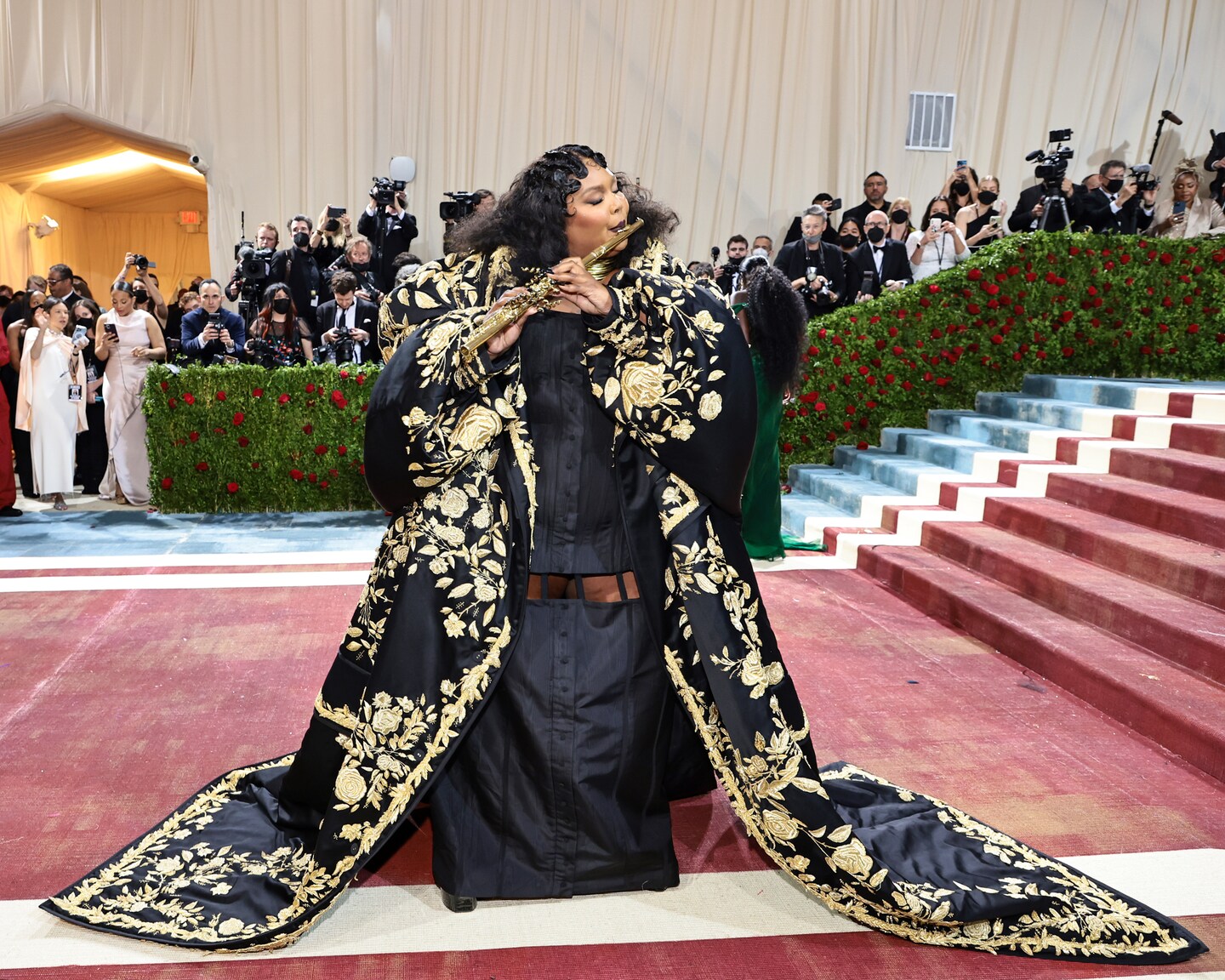“Your new song makes me pretty angry [and] sad,” Diviney, who has cerebral palsy, said in a post directed at Lizzo on Saturday. “ ‘Spaz’ doesn’t mean freaked out or crazy. It’s an ableist slur. It’s 2022. Do better.”
In a statement posted to all her social media platforms, Lizzo apologized and announced that she had changed the lyric.
“I’m proud to say there’s a new version of GRRRLS with a lyric change,” she wrote. “This is the result of me listening and taking action. As an influential artist I’m dedicated to being part of the change I’ve been waiting to see in the world.”
The new version replaces the lyric with “hold me back” and is available to stream on Spotify, YouTube and other music apps.
Representatives for Lizzo did not immediately reply to The Washington Post’s request for comment late Monday.
Many fans responding to the change said the controversy surrounding the lyrics educated them on the harmfulness of the word. In a message to The Post, Diviney, who lives in Australia, said the global conversation has been a positive outcome of a situation that she initially found angering and disappointing.
“I think ableism is unfortunately so well ingrained in our society that people don’t always realize when it’s being used, which speaks to the lack of representation and visibility of people with disabilities worldwide,” she said. “If that improved, conversations like this one might not need to happen.”
Several activists noted that the word has been normalized, which is hurtful to those whose diagnoses involve spasms. Imani Barbarin, a disability advocate with a large social media following, posted on TikTok that her spasms are so severe she sometimes gets nauseated and vomits.
“I’m in so much pain that I can’t sleep if I’m in a really bad spasm,” she said. “I have watched on multiple occasions — without my will or without my brain signaling it to — my leg twist out of place within its socket and stay there for hours because of a spasm.”
Others with disabilities warned against attempts to “cancel” Lizzo. Shelby Lynch, an influencer with spinal muscular atrophy, said she instead wants this to be an educational moment.
“I’ve seen a few comments across the internet talking about ‘Cancelling Lizzo’ and that’s not what we want — we want to educate her and have the word changed,” Lynch tweeted Sunday.
In her statement, Lizzo said she didn’t know the word was considered harmful.
“Let me make one thing clear: I never want to promote derogatory language,” she continued. “As a fat black woman in America, I’ve had many hurtful words used against me so I understand the power words can have (whether intentionally or in my case, unintentionally).”
Lizzo’s decision to rerelease the song was celebrated online. The correction was especially moving for Diviney, who said that her intention from the beginning was to educate the artist.
“To see her respond to that by actively listening instead of getting defensive or doubling down is a mark of how genuine she is as an ally and how important the space she occupies in the music industry is,” Diviney said.
“We still have a long way to go in making things better for people with disabilities everywhere, but this honestly gives me hope that the big changes are within reach,” she added.
